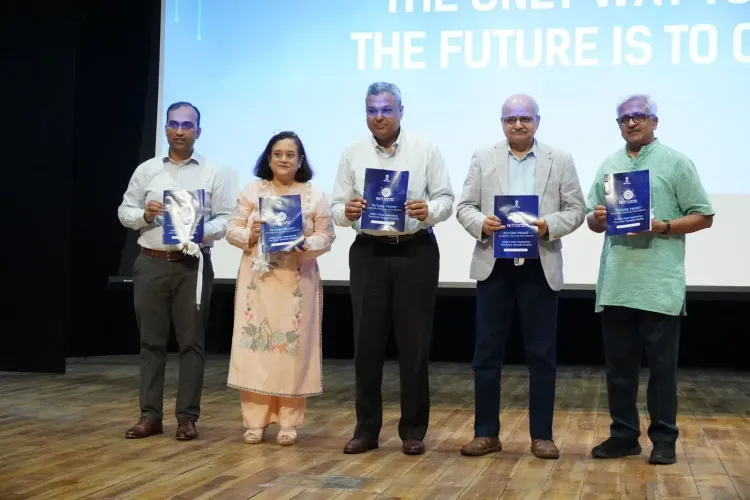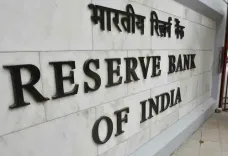How is Robust Data Quality Driving India’s Tech-Driven Governance?

Synopsis
Key Takeaways
- India’s digital platforms are integral to enhancing governance.
- Data quality is essential for public trust and effective services.
- NITI Aayog's initiatives aim to strengthen data management.
- Alternative data sources are critical for policy development.
- A robust data ecosystem is pivotal for achieving Viksit Bharat 2047.
New Delhi, June 25 (NationPress) India has successfully developed some of the globe's most influential digital platforms, including UPI, Aadhaar, and Ayushman Bharat. The next significant challenge is to ensure these platforms operate on accurate and reliable data — a crucial factor for establishing public trust in digital services, as highlighted by experts during a NITI Aayog event in the capital.
The NITI Aayog Frontier Tech Hub unveiled the third edition of its quarterly insights series, Future Front, titled “India’s Data Imperative: The Pivot Towards Quality,” at this event.
According to a post on the X social media platform by NITI Aayog, “The insights highlight the critical need for robust data quality to drive India’s tech-powered governance and achieve the vision of Viksit Bharat 2047.”
B.V.R. Subrahmanyam, CEO of NITI Aayog; Dr. Saurabh Garg, Secretary of the Ministry of Statistics and Programme Implementation; and Debjani Ghosh, Distinguished Fellow at NITI Aayog, shared their insights on enhancing India’s data management ecosystem.
This initiative, which is in partnership with Knowledge Partner Gramener, reinforces NITI Aayog’s dedication to nurturing a strong, data-centric environment for India’s technological advancement.
The report emphasizes the urgent requirement for robust data quality to strengthen digital governance, build public trust, and ensure effective service delivery.
Moreover, the report critically analyzes the widespread challenges associated with poor data quality and presents practical tools, including a Data-Quality Scorecard to assess and monitor data quality attributes, and a Data-Quality Maturity Framework for self-evaluation and roadmap creation.
Senior government officials at the event expressed their views on how India can enhance its data management.
Earlier this month, Professor Ajay Kumar Sood, Principal Scientific Advisor to the government, stressed the importance of developing policies that integrate both traditional and alternative data sources, noting that alternative data sources and cutting-edge technologies are becoming increasingly vital for policymaking.
He remarked that while traditional data sources reveal our past, alternative data points to our future trajectory.








